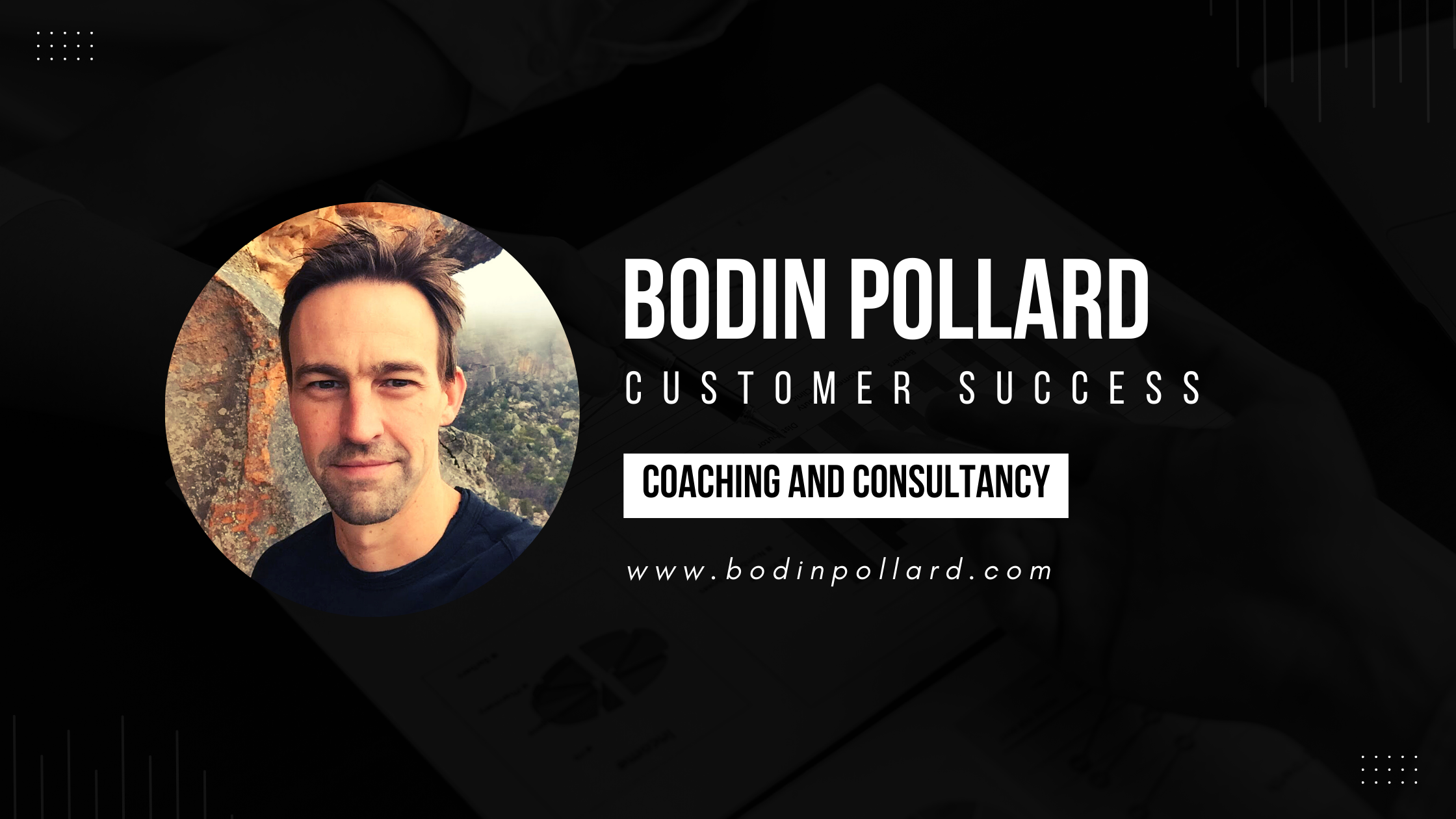CS in 2023: Innocence lost, maturity gained
Despite everything we've been telling ourselves for years (decades!), Customer Success still isn't considered an essential function by many businesses.
In many cases, this is absolutely true. If your business has a bulletproof product (one that consistently delivers value with minimal user effort) and a great community built around that product, it'll grow without a Customer Success function driving that growth. In fact, if the product and community are strong enough, you arguably don't even need Marketing, Sales & Support.
All you have to do is look at how ChatGPT has become the fastest-growing app of all time. I know it's free, so it's not a fair comparison, but... 100M users in 2 months... WOW... 🤯
(No, I didn't use it to write this blog... 😏)
Innocence lost
Back on topic: why isn't CS essential to so many businesses? Why are mature companies cutting their entire CS function?
Think of a company's budget as an internal competition. The money has to go where it's most likely to grow and the massive CS cuts we've seen suggest that these teams haven't been successful in proving "enough" value. In a time of shrinking venture capital and exploding interest rates, the C-level's job is to place the most educated possible bets on where to spend their investor dollars and (if they have them) profits. They have to differentiate between "I hope..." and "I know...".
Which brings us back to Product and Community:
* "I know..." that Product and Community can be enough to make a business grow at a great margin
* "I hope..." that Customer Success can be sustainably profitable at good margin
C-levels aren't betting on hope anymore, and if a CS team shows even a slight resemblance to a cost centre, it's going to get cut (because there's already an essential cost centre called Support that won't get cut). Customer Success teams have to embrace the commercial reality and prove their value.
Maturity gained
Sometimes great ideas take a while to become mainstream. It takes dedication, patience and innovation from "true believers" to bring something that's always been there to the surface in a way that people grasp. This is where the good folks from Gain Grow Retain and Catalyst (and many others) have stepped into the breach in recent times.
The concepts of Scaled CS and Customer-Led Growth aren't new. In fact, I'd say that in my 12+ years of CS, these are things I've always been trying to deliver since the day I first became a "Customer Value Manager". (Note: it's always been about value - more about "value" vs "success" in another blog to come...)
But what GGR and Catalyst have done is actively worked on maturing and professionalising these methodologies. They've built manifestos for us to follow and organisations to join to ensure these best practice Customer Success fundamentals can help us compete for that C-level budget that's currently funnelling away from CS.
This is important. These moments of determined maturity from newer players are milestones in our profession and reflect the same level of effort as the early CS innovators from 10 and 20 years ago when 99% of people didn't even know CS was a profession in its own right.
Not only that, we're now seeing Customer Success coaching find its feet - the fact that so many individuals are starting to make a living from coaching now gives us all hope in a time of great uncertainty for CS.
The common thread of these matured best practices and coaches? The perfect mix of customer-centricity and hard-edged commercial mindset. Moving from reactive to proactive. Shifting from cost centre to profit centre. It's not easy, but it's necessary.
You know all those proven strategies you have for retaining customers and growing your NRR? Here's my advice: they're not just for your customers. You need to use them with your C-level as well. Everyone needs to see proven value right now. It's on you to show it.


